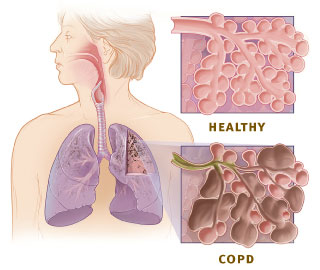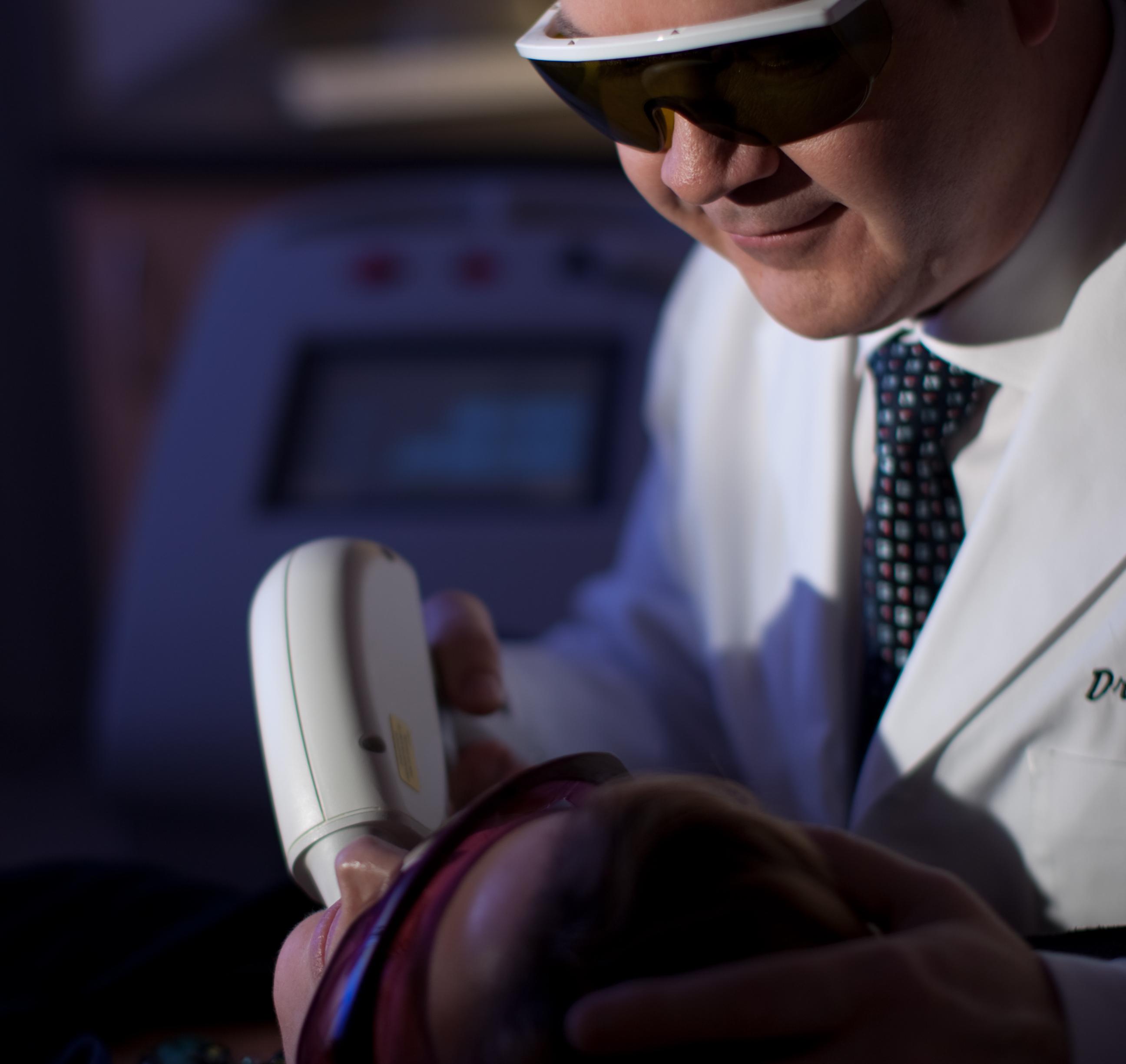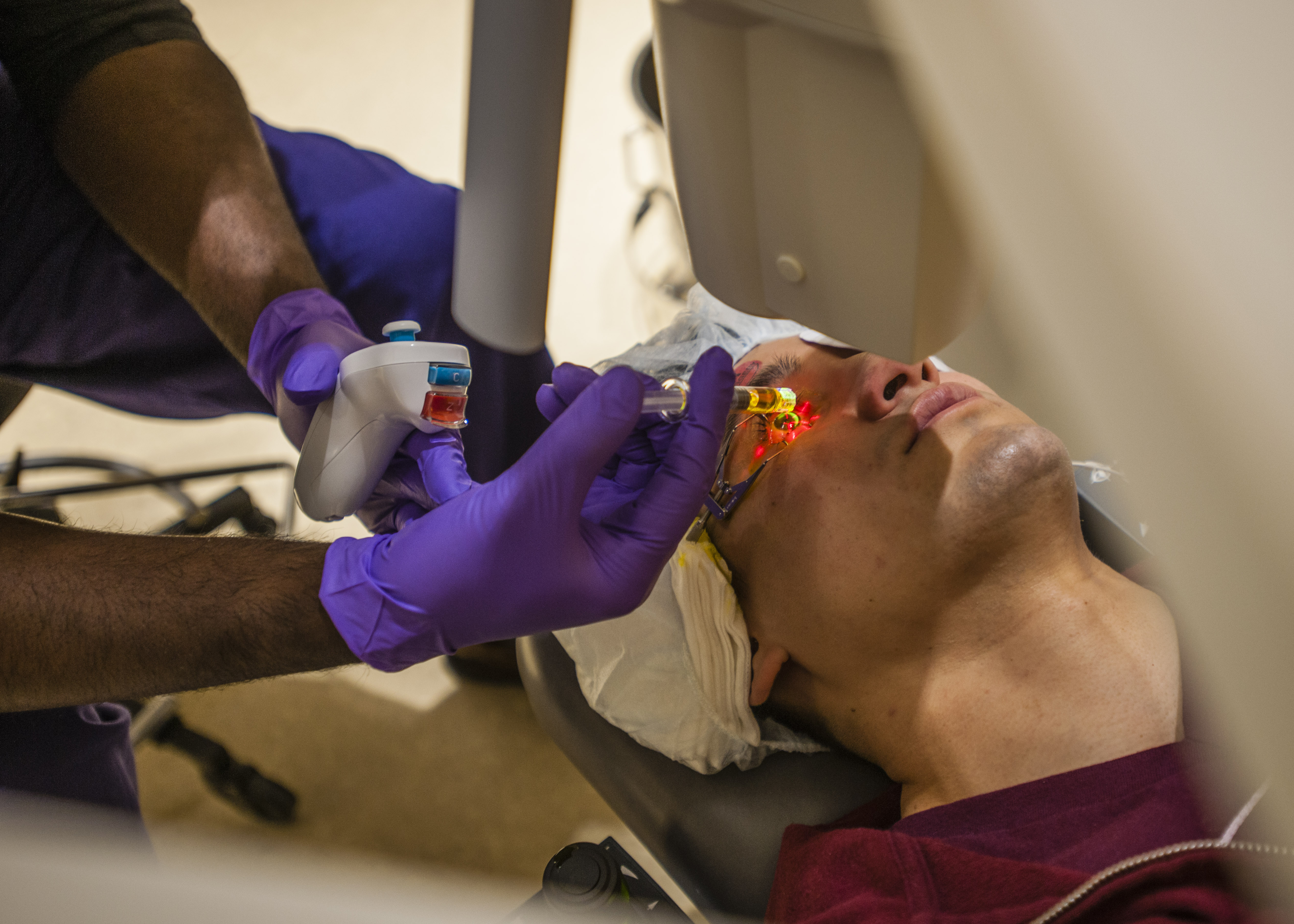Five Exceptional Remedies to Say Goodbye to Leg Cramps Forever
Leg cramps, also known as "charley horses", are a common ailment affecting many people worldwide. These pains are often caused by muscle spasms, involuntary contractions of one or more muscles. The exact cause is often difficult to pinpoint but they can be associated with muscle fatigue, dehydration, or imbalances in electrolytes. Though leg cramps can occur when you're awake, most cramps develop during sleep.
In this section, we will delve into the science behind leg cramps. How they start, persist, and more importantly, how to prevent them. These remedies draw from both modern medical understanding and time-tested wisdom for prompt relief and long-term prevention.
Hydration - A Key Player

Ensuring that your body is properly hydrated is one of the best ways to ward off leg cramps. Dehydration can cause your muscles to spasm due to a lack of water in your system. It‘s important to aim for 6-8 glasses of water a day, especially before physical activity or bed. You can also supplement your hydration efforts by incorporating hydrating foods into your diet, such as cucumbers, berries, and melons.
The Power of Potassium

Potassium plays a significant role in nerve function and muscle control. Many who suffer from leg cramps have low potassium levels in their bodies. Foods rich in potassium like bananas, sweet potatoes, and spinach can help replenish this deficiency and ward off cramps. However, it is advisable to consult a healthcare professional before drastically altering your potassium intake.
The Magnesium Miracle
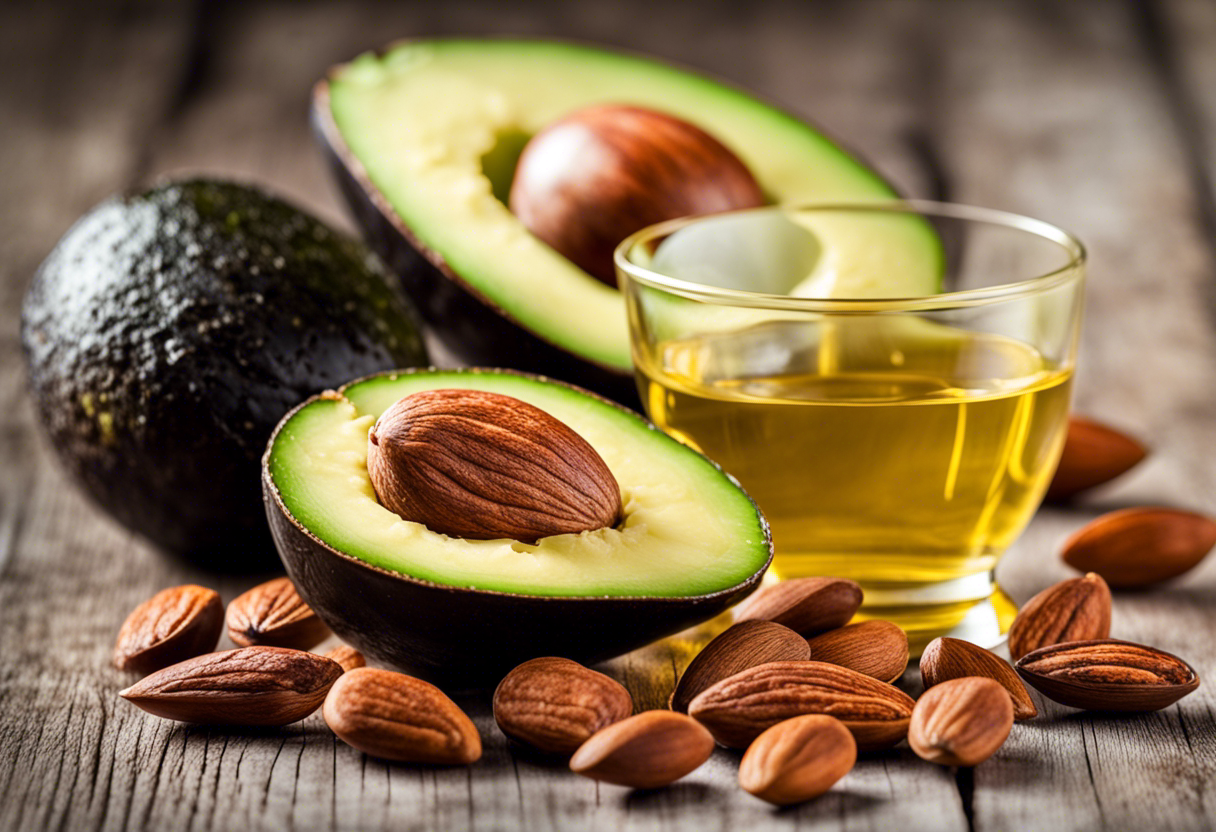
Like potassium, magnesium is an essential mineral that plays a significant role in preventing leg cramps. A deficiency in magnesium can contribute to muscle contractions and leg pain. Fortunately, magnesium can be found naturally in foods like almonds, black beans, and avocados. A gentle massage with a magnesium oil blend can also offer some relief.
Regular Stretching and Exercise
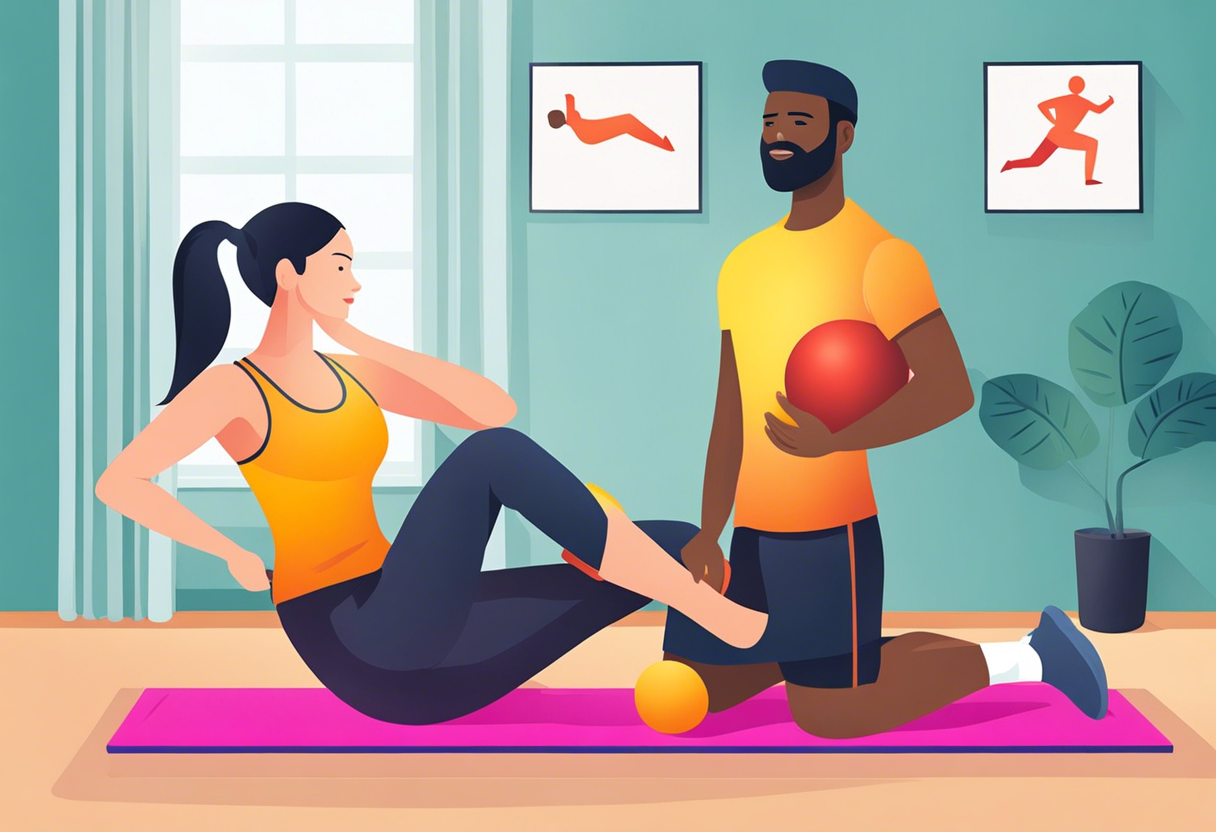
Consistent, moderate physical activity can help prevent leg cramps. Regular stretching, particularly before bed, and a good exercise routine can help alleviate the severity and frequency of nighttime leg cramps. Pilates and yoga workouts are particularly beneficial as they emphasize stretching and strengthening key muscle groups.
Applying Heat to Ease Cramps
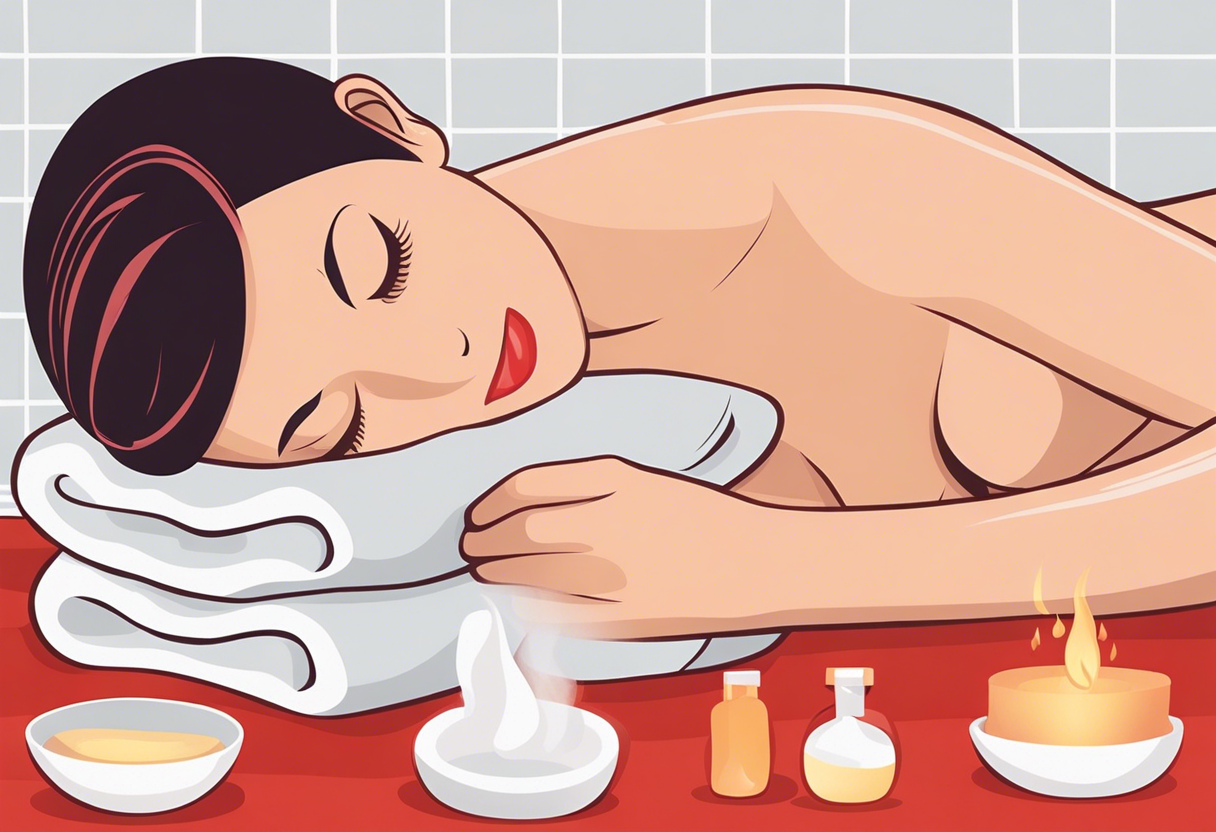
Heat application can be remarkably effective at alleviating acute leg cramps. Using a hot towel, hot bath, or heating pad applied to the area of discomfort can soothe the cramp by promoting blood flow and relaxing the muscle. However, be cautious about using heat applications if there are underlying skin conditions or you have reduced sensitivity in the area.
